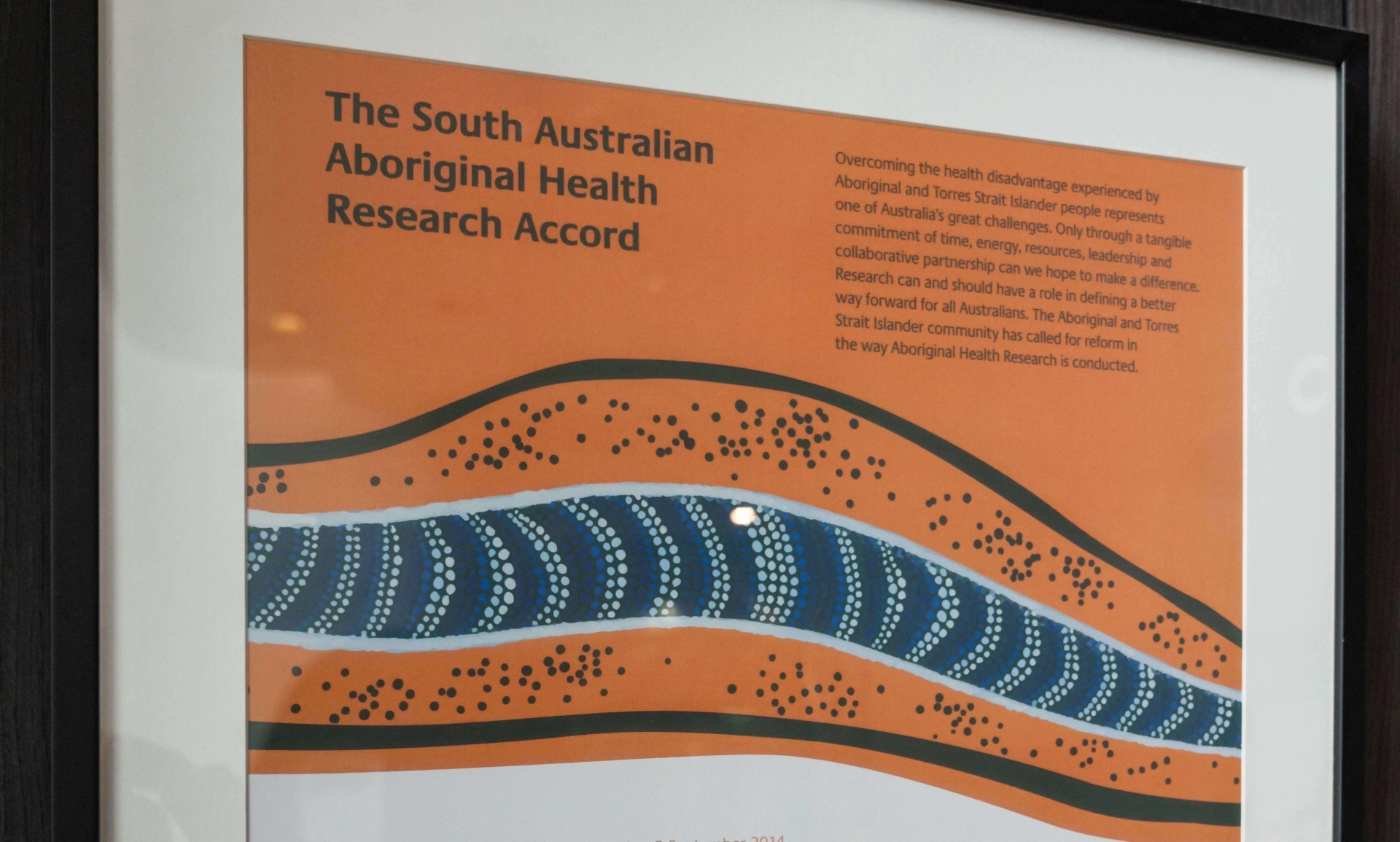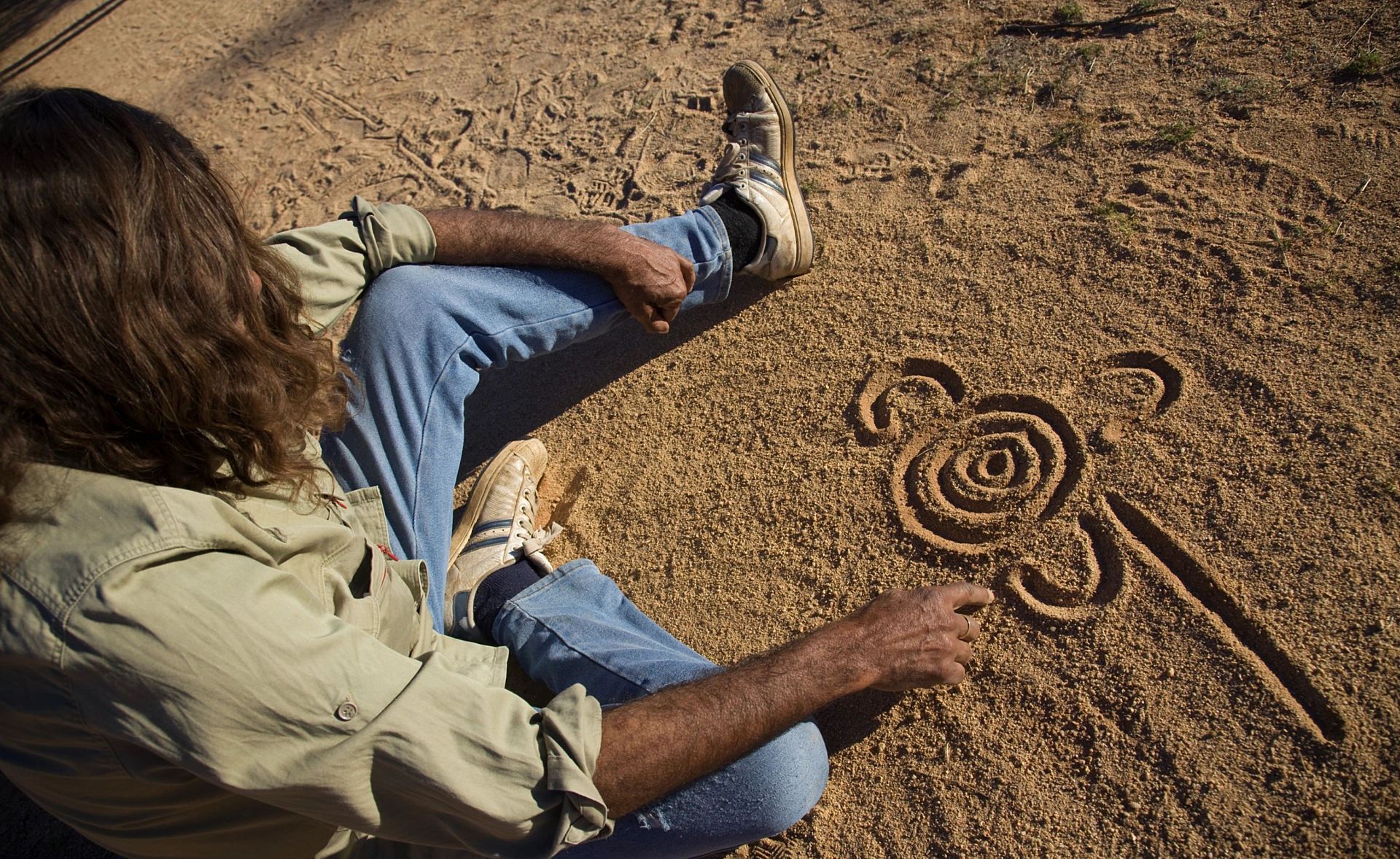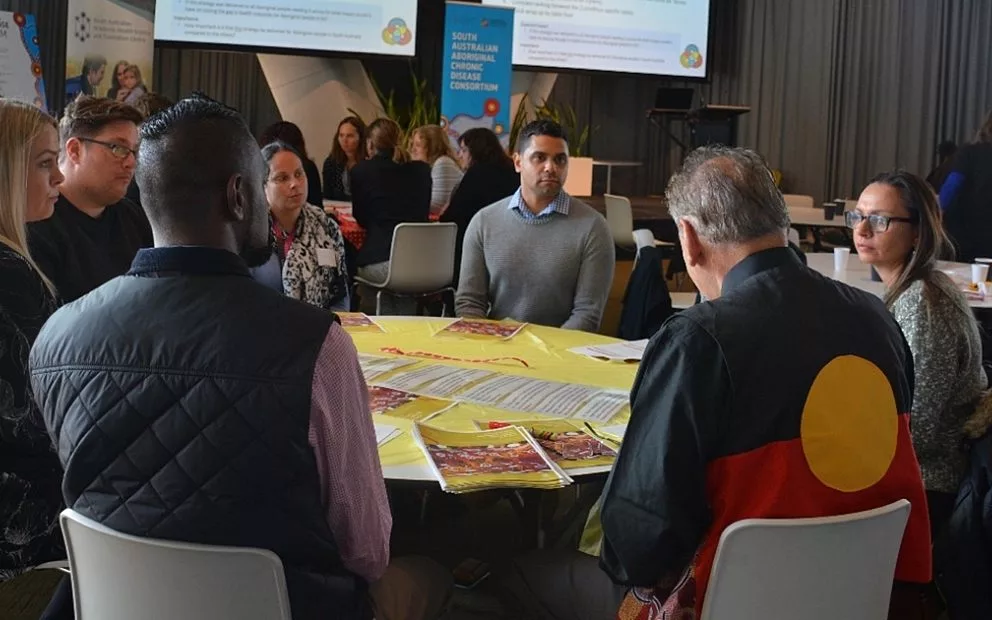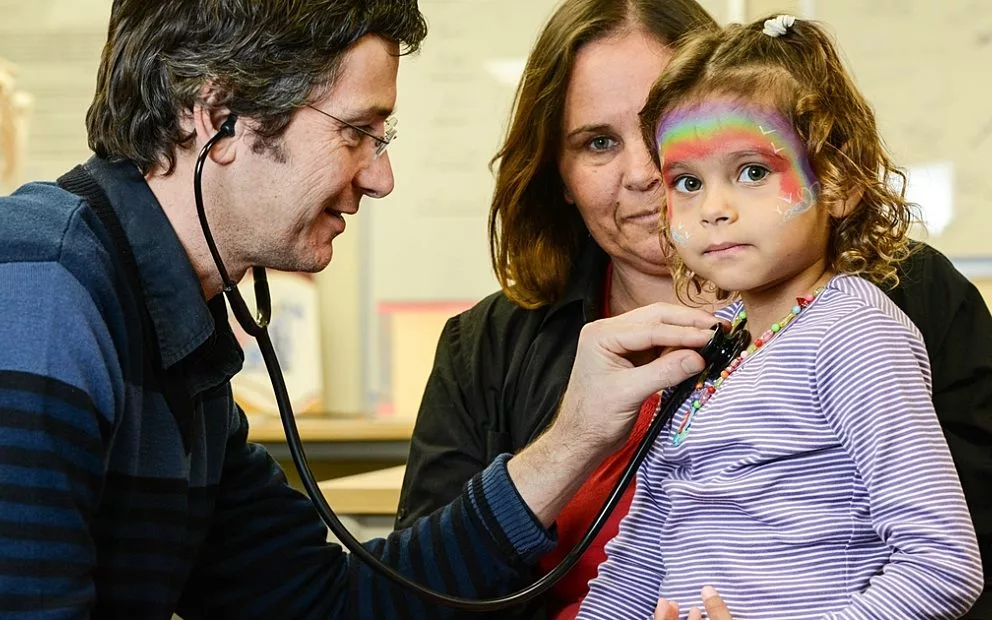Overcoming the health disadvantage experienced by Aboriginal and Torres Strait Islander people represents one of Australia’s great challenges. Only through a tangible commitment of time, energy, resources, leadership and collaborative partnership can we hope to make a difference.
Research can and should have a role in defining a better way forward for all Australians. The Aboriginal and Torres Strait Islander community has called for reform in the way Aboriginal Health Research is conducted.
The South Australian Aboriginal Health Research Accord has been developed by Wardliparingga Aboriginal Health Equity theme at SAHMRI in response to this call by the South Australian Aboriginal community. The Accord has been developed through a series of consultations with Aboriginal Elders, organisations and community members.
The South Australian Aboriginal Health Research Accord sets out nine principles by which Aboriginal health research in South Australia should be conducted:
- Priorities- Research should be conducted on priorities arising from and endorsed by the Aboriginal community to enhance acceptability, relevance and accountability.
- Involvement- The involvement of Aboriginal people and organisations is essential in developing, implementing and translating research.
- Partnership- Research should be based on the establishment of mutual trust, and equivalent partnerships, and the ability to work competently across cultures.
- Respect- Researchers must demonstrate respect for Aboriginal knowledge, Aboriginal knowledge systems and custodianship of that knowledge
- Communication- Communication must be culturally and community relevant and involve a willingness to listen and learn.
- Reciprocity- Research should deliver tangible benefits to Aboriginal communities. These benefits should be determined by Aboriginal people themselves and consider outcomes and processes during, and as a result of, the research.
- Ownership - Researchers should acknowledge, respect, and protect Aboriginal intellectual property rights and ensure transparent negotiation of intellectual property use and benefit sharing.
- Control- Researchers must ensure the respectful and culturally appropriate management of all biological and non-biological research materials.
- Knowledge translation and exchange - Sharing and translation of knowledge generated through research must be integrated into all elements of the research process to maximise impact on policy and practice.
To read a paper published on the Accord, click here.
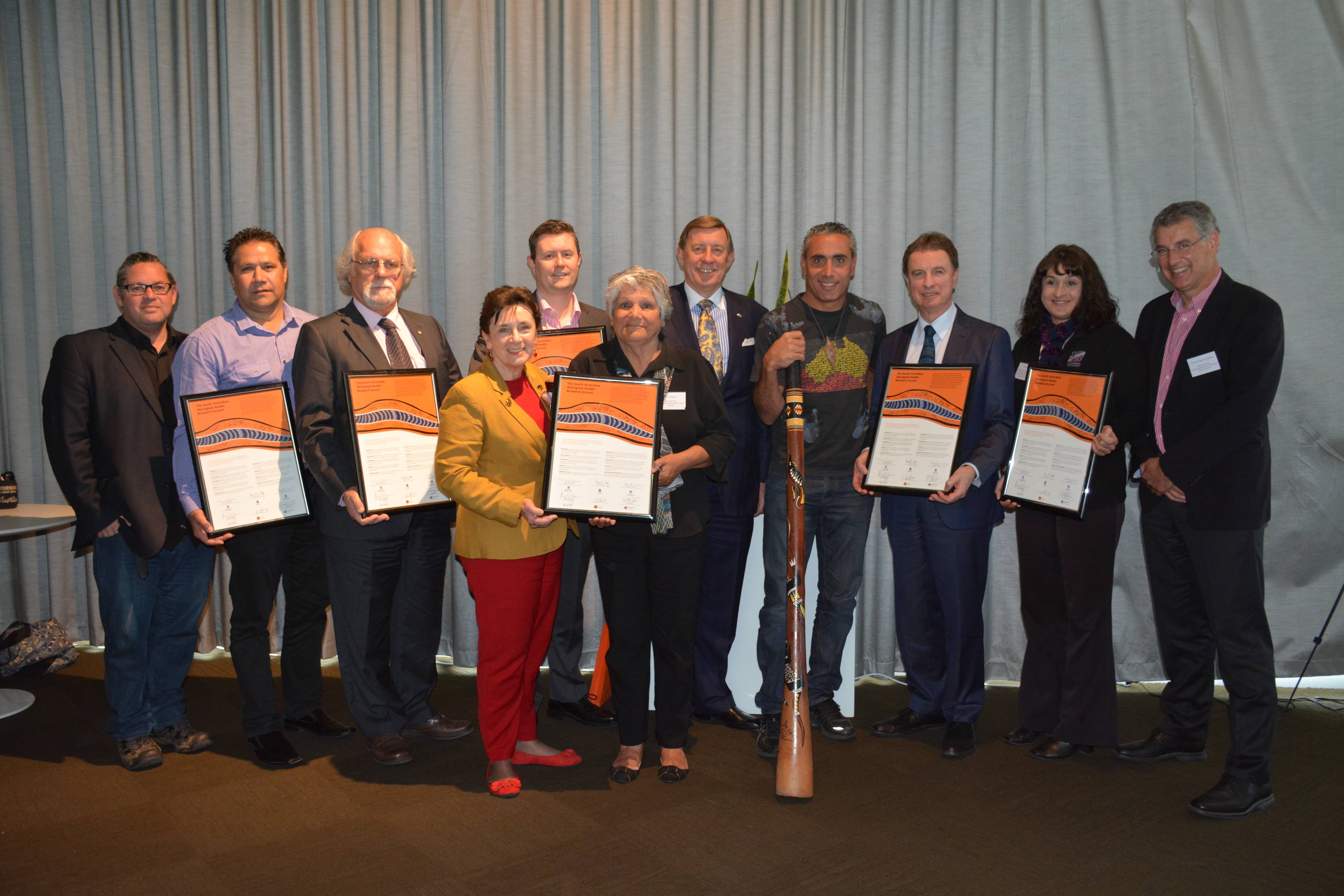
The Accord’s principles were derived from the literature and the 2013 Wardliparingga Aboriginal health workshop through thematic analysis. Consultation on the potential principles has occurred with Aboriginal peak bodies within South Australia, community elders, CAESA, AHCSA and the university sector.
The Accord should apply to all health or medical research that directly involves Aboriginal and Torres Strait Islander people. These principles must be considered for any research project that includes Aboriginal participation. Importantly, in following the principles of the Accord, it is also likely that the researcher is fulfilling their ethical obligations as outlined in the NHMRC Guidelines for Ethical conduct in Aboriginal and Torres Strait Islander Health Research.
On Tuesday 2 September, 2014, the South Australian Aboriginal Health Research Accord was signed by the following parties as a commitment to conduct Aboriginal health research in South Australia in alignment with the nine principles.
- Professor Richard Russell AM, Pro Vice-Chancellor Research Operations / Dean of Graduate Studies, The University of Adelaide
- Professor David Lloyd, Vice Chancellor and President, University of South Australia
- Professor David Day, Deputy Vice-Chancellor (Research), Flinders University
- Mrs Janice Rigney, Chair, Council of Aboriginal Elders South Australia
- Mr Shane Mohor, Acting Chief Executive Officer, Aboriginal Health Council of South Australia
- Mr Raymond Spencer, Chair of the Board, SAHMRI
